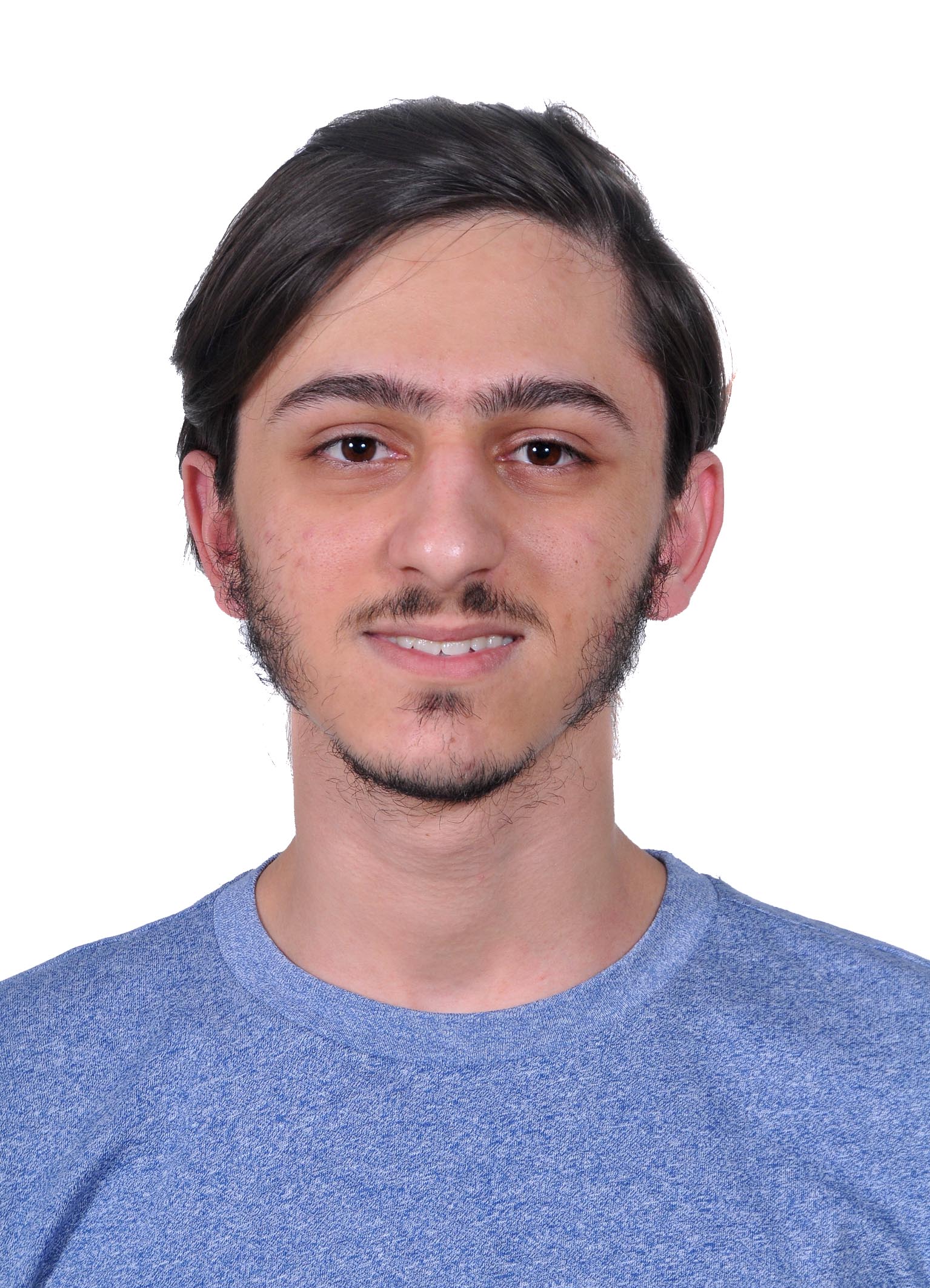INSTITUT PASTEUR, UNIVERSITÉ PARIS CITÉ, Unité de Microbiologie Structurale
"Interaction network among de novo purine nucleotide biosynthesis enzymes in Escherichia coli."
FEBS J. doi: 10.1111/febs.16746.
Gedeon A, Karimova G, Ayoub N, Dairou J, Giai Gianetto Q, Vichier-Guerre S, Vidalain PO, Ladant D, Munier-Lehmann H.
Cv
Antoine Gedeon (27 ans) a effectué une thèse en Biochimie sous la direction de Hélène Munier-Lehmann à l’Institut Pasteur (Unité de Chimie et Biocatalyse, UMR CNRS 3523). Le sujet de sa thèse portait sur l’étude de deux modes de régulation de la biosynthèse de novo des nucléotides puriques chez les bactéries, la première étant la régulation allostérique d’une enzyme-clé de la voie, l’inosine 5’-monophosphate déshydrogénase, et la seconde étant par la formation d’un méga-complexe enzymatique impliquant toutes les enzymes de la voie. Depuis décembre 2021, Antoine est attaché temporaire d’enseignement et de recherche (A.T.E.R.) à l’Université Paris Cité et à l’Institut Pasteur (Unité de Microbiologie Structurale, UMR CNRS 3525) au cours duquel il enseigne la biologie moléculaire et la génétique et s’intéresse à la conception de nouveaux inhibiteurs de l’ADN gyrase, une enzyme de modulation de la topologie de l’ADN, chez Mycobacterium tuberculosis.
Contact
Antoine Gedeon
Institut Pasteur/Université Paris Cité, Unité de Microbiologie Structurale, 25 Rue du Docteur Roux, 75015, Paris, France
mail: Cette adresse e-mail est protégée contre les robots spammeurs. Vous devez activer le JavaScript pour la visualiser.
Résumé de l'article
In human cells, de novo purine nucleotide biosynthesis is known to be regulated through the formation of a metabolon called purinosome. Here, we employed a bacterial two-hybrid approach to characterize the protein–protein interactions network among the corresponding enzymes of Escherichia coli. Our study revealed a dense network of binary interactions that connect most purine nucleotide biosynthesis enzymes. Notably, PurK, an exclusive prokaryotic enzyme, appears as one of the central hubs of this network. We further showed that modifications in PurK, which disrupted several interactions in the network, affected the purine nucleotide pools and altered the bacterial fitness. Our data suggest that the bacterial de novo purine nucleotide biosynthesis enzymes can assemble in a supramolecular complex and that proper interactions among the components of this complex can contribute to bacterial fitness.




